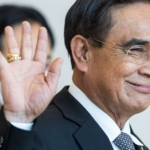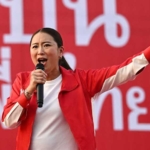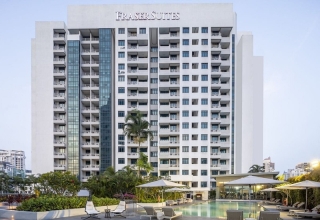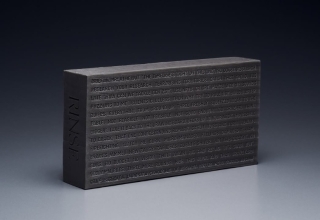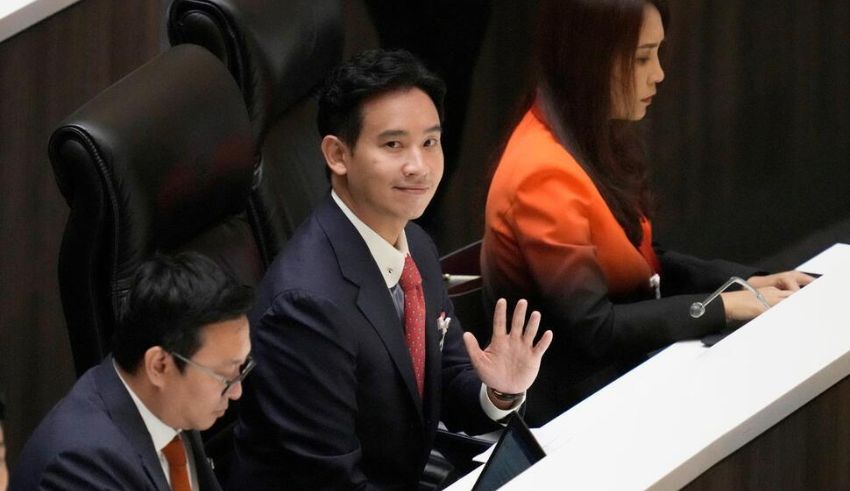
Following nearly ten years of military-backed rule, Thailand’s parliamentary vote for a new prime minister on Thursday will be a turning point in the nation’s transition to democracy. The outcomes of the May elections showed that the Thai people overwhelmingly supported progressive opposition parties, especially the newly formed party Move Forward, which gained the most seats and a sizable portion of the popular vote.
The Constitutional Court, however, accepted two complaints against the Move Forward Party and its leader, Pita Limjaroenrat, on the day of the vote, which could result in Pita’s suspension from his political duties. In addition to selecting Thailand’s next leader, the election results will have a significant impact on the country’s efforts for structural reforms and the future of democracy.
Progressive Agenda and Popular Support
The winning party in the May election, Move Forward, ran on a program of significant structural changes to address long-standing complaints among the Thai people. They included the military, the economy, the decentralisation of authority, and even changes to the monarchy, which has historically been regarded as untouchable, in their proposed reforms to many facets of Thai society. The youth of the nation, who have long felt excluded by authoritarian politics, frustrated by economic difficulties, and constrained by a competitive job market, strongly identified with Move Forward’s policies. The party’s electoral victory was a resounding rebuke to the establishment with military backing that has ruled Thailand since the coup led by Prayut Chan-o-cha, the current prime minister, in 2014.
Constitutional Court Challenges and Potential Fallout
The Constitutional Court’s admission of two charges against the Move Forward Party and Pita Limjaroenrat represented a significant blow for the progressive movement. In one complaint, the Election Commission charged Pita with breaking the law by allegedly owning stock in a media company. Pita might have his or her political obligations suspended if the matter goes to trial. The result might intensify his young supporters’ fervour and lead to large-scale street protests. In a statement, Move Forward chastised the Election Commission for moving the matter along quickly and refuted Pita’s accusations of impropriety. The outcome of these allegations and the following effect on Pita’s prime ministerial campaign are still up in the air.
Parliamentary Vote and Challenges Ahead
Although Move Forward won the most votes in the election, winning enough seats to form a government independently was difficult. Move Forward’s majority fell short of the 376 seats required in the lower and higher houses of parliament, even with a coalition of seven additional opposition parties. To win, they must therefore win over the 250-member Senate, which was appointed by the military in accordance with a post-coup constitution but is not elected. Pita’s campaign for prime minister may face obstacles because the Senate has historically supported candidates who support the military.
Monarchy’s Role and Sensitivity
The military, the monarchy, and other prominent elites make up Thailand’s influential conservative establishment, which has consistently resisted significant changes to the status quo. This institution is immediately challenged by Move Forward’s proposed structural reforms, which aim to “demilitarise, demonopolise, and decentralise” the nation. Their goal includes amending Thailand’s strict lese majeste laws, which make critiquing the royal family a crime. Due to Pita’s position on royal reform, several senators and conservative parties have decided not to support him. As a result, this issue continues to be extremely controversial. Those who fight to preserve Section 112, the lese majeste statute, are concerned about changing it.
Keep Reading
The Way Forward and Potential Challenges
Although Pita and Move Forward received unambiguous support from the electorate, the result of the parliamentary vote is still in the air. In the event that Pita does not receive the required number of votes on Thursday, additional voting will occur on July 19 and 20. The accomplishments of the progressive movement could be in danger, and a political impasse could result, possibly sparking demonstrations. Move Forward urged people to demonstrate their support in the legislature, and well-known protest organisers have already called for demonstrations if the senators don’t follow the election results with their votes.
The Thai parliament’s election of a new prime minister marks a turning point for the country’s democracy. The election victory of progressive opposition groups in May demonstrated the Thai people’s willingness for structural changes and an end to the military-backed government. However, ambiguity and potential difficulties have resulted from the Constitutional Court accepting allegations against the Move Forward Party and its leader. The election results will not only choose Thailand’s next monarch but will also significantly impact the country’s democratic development and efforts to pursue extensive reforms.
